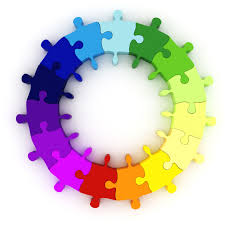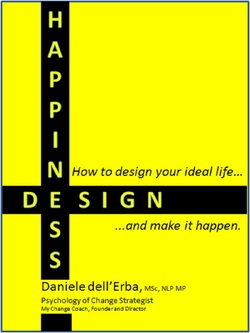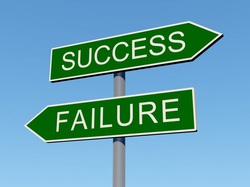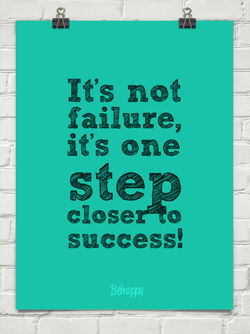
Although improving the quality of life is what we all want dearly most people don’t know where to start. One proven way is to schedule a coaching session to help clarify priorities and define an action plan. If you want to try this feel free to get in touch for a free initial session.
However, for a variety of reasons, some people aren’t quite ready yet to commit to a coaching relationship.
For those and for others who are simple interested in personal development I have recently launched an initiative called the Club of Qualities. This weekly meeting, open to all, aims to discuss informally a personal quality that when developed will help improve the quality of our personal and professional lives. You could consider it a chilled-out group coaching session.
I have designed the Club of Qualities as a program that gets Club Members to focus their attention on one quality each week. People can join one, a few or all meetings depending on their level of interest in the week’s quality being discussed. Yesterday, our fifth meeting in Lisbon (but online presence is available for our international guests) we discussed the quality of altruism.
The previous four qualities were: curiosity, resilience, ambition and efficiency. The next will be self-confidence. You get the gist I guess. In the first round there will be 52 i.e. one per week for a full year.
The format is fairly straightforward yet strikingly effective. We start by defining what the quality means as this isn’t always as clear as one may think. Clarity about what each quality is about is of paramount importance to facilitate and ground the discussion. Participants then share suggestions and experiences about how to develop or better manage the quality being discussed. The open and informal discussion is very enriching and provides some great food for thought and action. Finally participants are given a week, until the next meeting, to observe and develop the quality in the context of their life.
I am sharing this because I think it is a simple yet powerful initiative to gain focus and strength to develop a set of individual qualities on a weekly basis. The end goal is to pull together the weekly improvements so that the whole is more than the sum of the parts.
I am pleased to report that the Club of Qualities is delivering what it promises as participants are not only enjoying the meetings but also experiencing tangible progress in their weekly personal development journey.
Should anyone be interested in joining the Club of Qualities please do get in touch.
Join us in improving the quality of our respective lives one quality/week at a time.











 RSS Feed
RSS Feed
